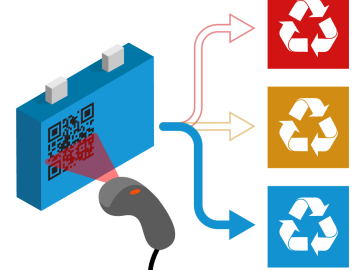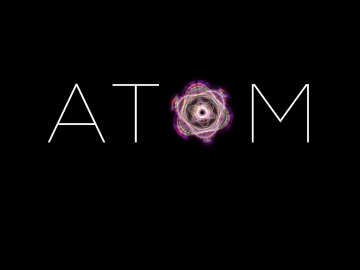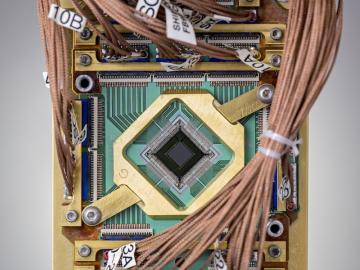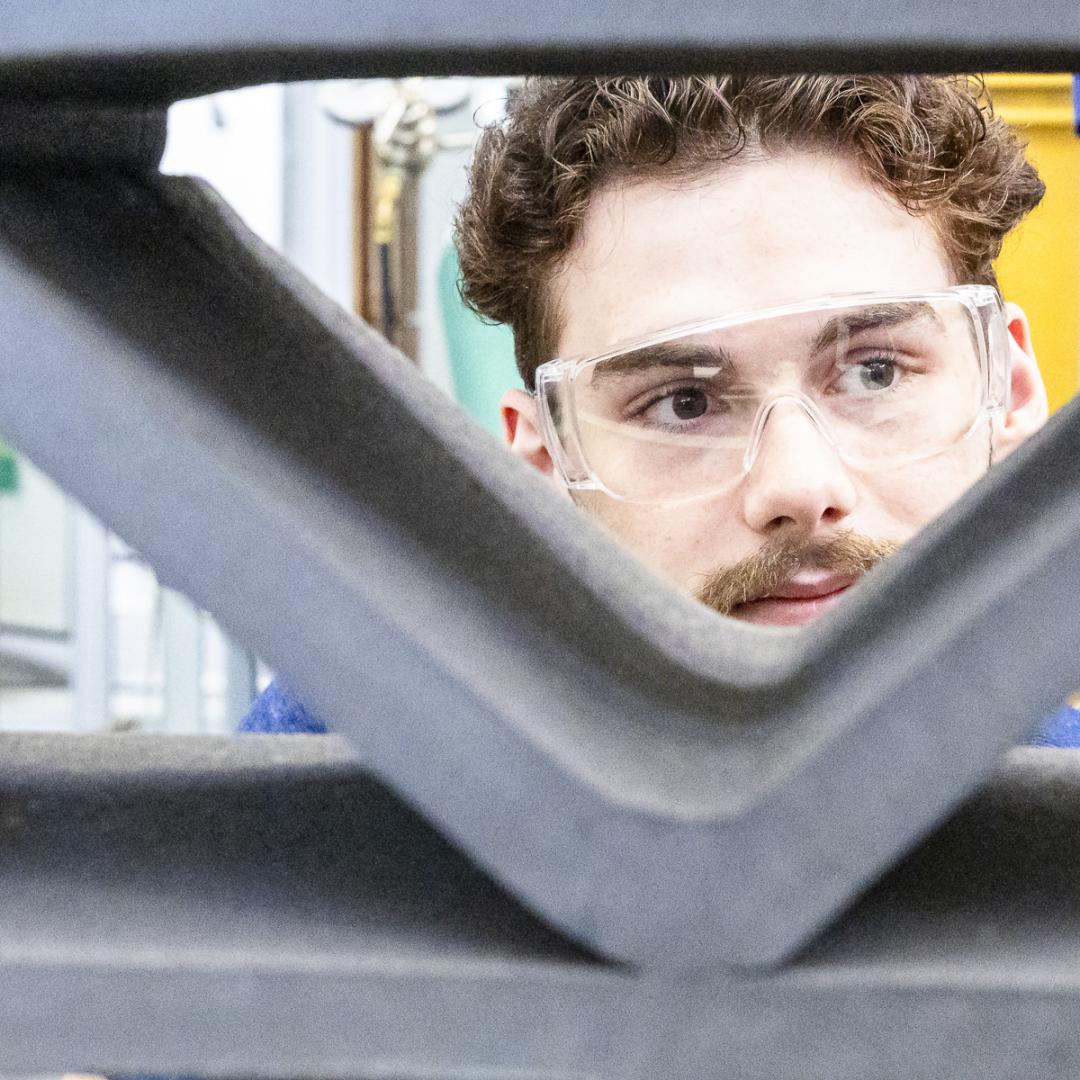Filter News
Area of Research
News Topics
- (-) Critical Materials (4)
- (-) Summit (9)
- 3-D Printing/Advanced Manufacturing (26)
- Advanced Reactors (2)
- Artificial Intelligence (7)
- Big Data (5)
- Bioenergy (13)
- Biology (23)
- Biomedical (10)
- Biotechnology (5)
- Buildings (13)
- Chemical Sciences (7)
- Clean Water (8)
- Climate Change (11)
- Composites (6)
- Computer Science (30)
- Coronavirus (10)
- Cybersecurity (5)
- Decarbonization (7)
- Energy Storage (22)
- Environment (39)
- Exascale Computing (2)
- Frontier (4)
- Fusion (8)
- Grid (11)
- High-Performance Computing (19)
- Isotopes (12)
- ITER (4)
- Machine Learning (1)
- Materials (32)
- Materials Science (22)
- Mathematics (1)
- Mercury (3)
- Microscopy (10)
- Nanotechnology (10)
- National Security (7)
- Net Zero (1)
- Neutron Science (18)
- Nuclear Energy (6)
- Physics (3)
- Polymers (5)
- Quantum Computing (5)
- Quantum Science (12)
- Security (3)
- Space Exploration (4)
- Statistics (1)
- Sustainable Energy (35)
- Transportation (21)
Media Contacts

Scientists at Oak Ridge National Laboratory have devised a method to identify the unique chemical makeup of every lithium-ion battery around the world, information that could accelerate recycling, recover critical materials and resolve a growing waste stream.

The Accelerating Therapeutics for Opportunities in Medicine , or ATOM, consortium today announced the U.S. Department of Energy’s Oak Ridge, Argonne and Brookhaven national laboratories are joining the consortium to further develop ATOM’s artificial intelligence, or AI-driven, drug discovery platform.

Since the 1930s, scientists have been using particle accelerators to gain insights into the structure of matter and the laws of physics that govern our world.




